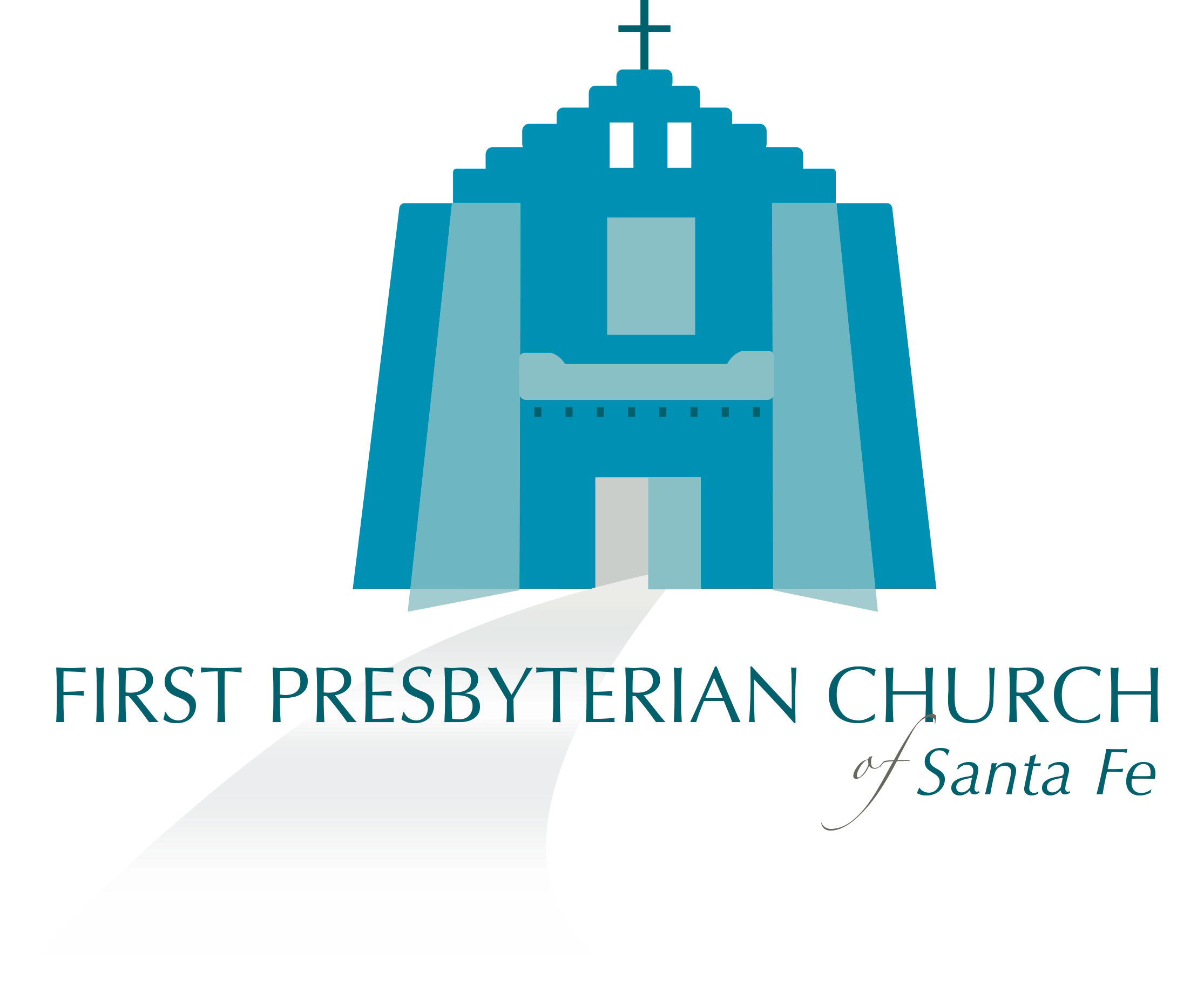Dear Saints in Santa Fe, and other far-off places:
Greetings in the name and spirit of Jesus Christ!
I babbled. Couldn’t form the words. And after I put the phone down, I screamed.
It was 1987. A few weeks earlier I had been in a coma for three days, a consequence of the leukemia I was fighting. When I woke up, I couldn’t speak, literally. It came back soon enough but it left lasting scars in my mind, voice, and soul.
Especially that day in my office at the First Presbyterian Church in Lake Forest. My baseball and soccer coach at Evanston Township High School was retiring after thirty-five years and he was calling to tell me to look at the Chicago Sun Times tomorrow. There was an article about him and his long career, and I was in it. I tried to respond but couldn’t. No intelligible words came out, at least it seemed to me. But I could scream.
The irony is not lost on me that I am in a profession where I am called upon to talk, all the time, weekly in front of the congregation, and all kinds of situations in between. When I stand up and walk to the middle of the chancel to offer my Sunday reflection, I am usually OK. My voice is there. But when I am not in charge of a meeting, or have no official responsibility wherever I might be, I sometimes struggle to find my voice. People may think I am quiet. No, not really. I am often trying to find an opening to speak and sometimes the words don’t come out clear and ungarbled. Such times take me back to my office in 1987 looking down at the phone, screaming silently.
We all have something. This is mine. If I lose my voice, which happens too often, I worry I am in that trauma again, somehow. I have taken voice lessons, talked about it to therapists, take deep breaths through my nose, sip water, think pleasant thoughts, and mostly I am OK, but the times I am not, it grips me.
That’s why Sunday’s story, Mark 7:31-37, is so very important to me. Friends bring a man to Jesus who is deaf and has a speech impediment. Jesus takes him aside privately, and after putting on a healing show before an audience of one, he declares, “Be opened!”
Be opened? Why didn’t Jesus say, “you can hear now, my son.” Or “open your mouth and you can talk!” or “your faith has made you well. Go and tell the world that your impediment is gone!” No, none of this. Just be opened.
As with most, if not all, of the stories in scripture, there is a deeper meaning beyond the story we read. It was a closed-off society. People had no voice, Empire made sure of that. Any others were punished. Stay in your place! Stay quiet. The trauma imposed on them was real and it was intentional.
What about our voice? Do we speak up in the face of trauma, violence, war, injustice, or poverty? Or do we have trouble getting the words out, or go silent when power tells us to? I immediately think of Gaza and how many have raised their voices to protest against the continued devastation and humanitarian crisis there, only to be shut down or kicked out. What is going on? Can we not acknowledge over 40,000 people killed, the pleas of parents, the cries of children, the hospitals bombed? Why is that? Why, O God, is that?
Jesus came to open up the society and told people about the loving and compassionate reign of God, the total opposite of Empire. He talked freely and it eventually took his life.
Because Jesus spoke, he opened society for others to speak as well. Christianity is at its best when we do, whether we can form the words or not, and even when it only comes out as a scream.
Grace and peace,
Harry
